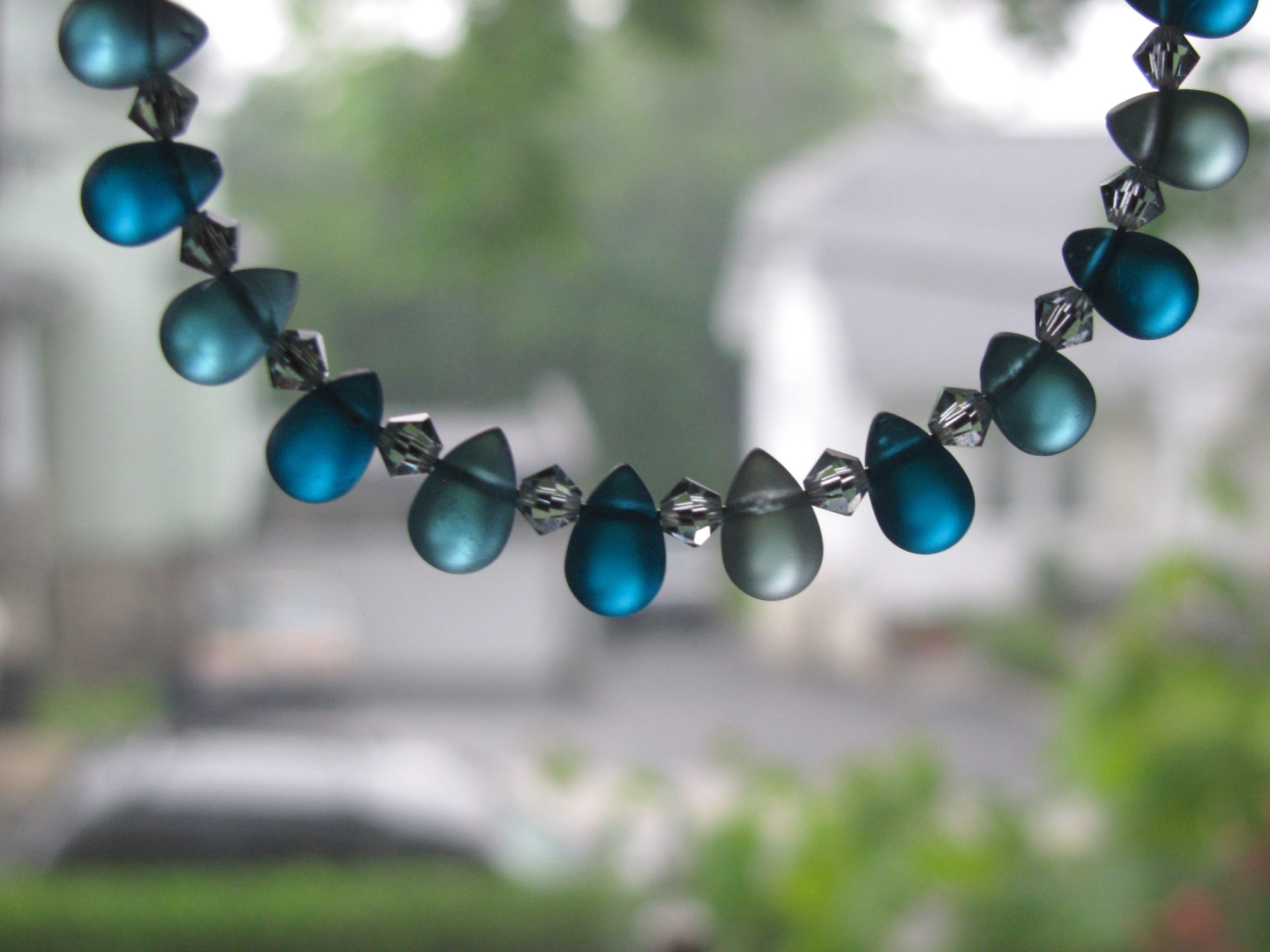It sits in a flimsy pie-tin of crimped and corrugated silver,
wrapped in a paper towel my daughter wets three times
a day. My son tells her to chop it, one eye per chunk,
bury it in the yard, then dig it up. But she’s like me,
needs to see it grow. It’s an Idaho potato, nothing special,
useful under the right cut of meat in the crockpot. It withers
in toward its center, wrinkling a bit, like me, color
sucked from my hair’s roots by—I don’t know—this—
arguing—over why potato eyes are called eyes when
they’re seeds: Put down the knife. Leave her project
be. She’s not sure she wants it now, like the time
I saw my 12-string guitar in the hands of the mover
my husband hired—My lucky day, he said and smiled,
my husband right behind chirping, She never plays it, take it
away. What do they know of the grad school hours,
the ways it saved me from myself, useless in a house
of crying babies—I see, with my blind potato eyes I see
and from behind them I dream of guitars washing up,
like parts of me, like plastic shovels of the hotel tourists,
reds, blues, mostly primary yellows, days’ children
long gone, sandpipers taking back the shore.
—Tania Pryputniewicz, first published in SWWIM Every Day
